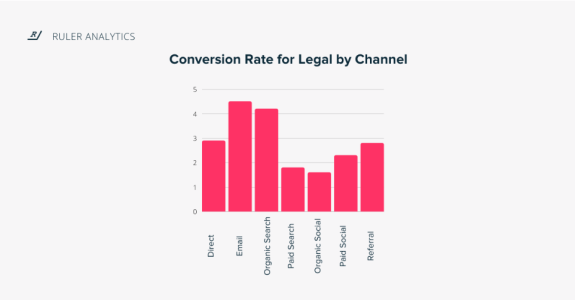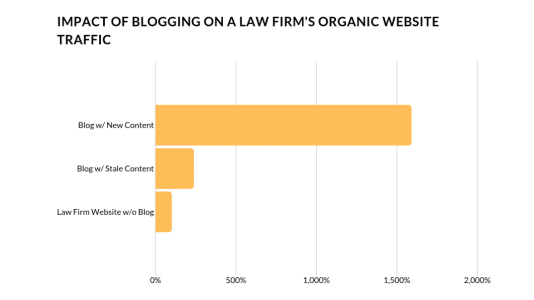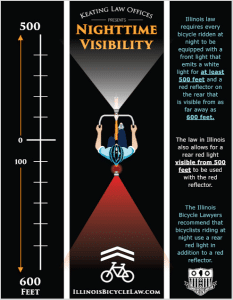1031 Exchange Real Estate Essentials: Special Requirements and Financial Advantages – Guest Post

Introduction
Are you a real estate investor looking for ways to optimize your property portfolio and minimize tax liabilities? If so, a 1031 exchange real estate might be the solution you’ve been seeking. In this comprehensive guide, we’ll delve into the world of 1031 exchange real estate, exploring what it is, how it works, the special requirements for a successful exchange, and the enticing financial advantages it offers.
Understanding the 1031 Exchange Real Estate
2.1 What is a 1031 Exchange Real Estate?
A 1031 exchange real estate is a powerful tax-deferral strategy that allows real estate investors to swap one investment property for another, all while deferring capital gains taxes. The term “1031” refers to Section 1031 of the Internal Revenue Code, which outlines the rules and regulations governing such exchanges. In essence, this provision permits investors to roll over the proceeds from the sale of one property into the purchase of another like-kind property without incurring immediate tax liabilities.
2.2 How Does a 1031 Exchange Work?
The mechanics of a 1031 exchange are relatively straightforward:
- Sell Your Current Property: First, you sell your current investment property. This initiates the 1031 exchange process.
- Identify Replacement Property: Within 45 days of selling your property, you must identify a replacement property (or properties) that you intend to purchase.
- Close on Replacement Property: You have a total of 180 days from the sale of your original property to close on the replacement property. This timeline includes the initial 45 days for property identification.
- Use a Qualified Intermediary (QI): It’s crucial to employ a Qualified Intermediary (QI) to facilitate the exchange. The QI holds the proceeds from the sale and ensures they are used solely for purchasing the replacement property.
- Complete the Exchange: Once the replacement property is acquired, the exchange is complete. Capital gains taxes on the sale of the original property are deferred until you decide to sell the replacement property.
Special Requirements for a Successful 1031 Exchange
3.1 Property Types Eligible for 1031 Exchange
Not all real estate properties are eligible for a 1031 exchange. The properties involved in the exchange must be used for business or investment purposes, excluding personal residences. Additionally, both the relinquished property and the replacement property must be of “like-kind,” which is a term that is often misunderstood. Like-kind does not necessarily mean identical; it refers to properties that are of the same nature or character.
3.2 Timelines and Deadlines
Strict adherence to timelines is critical in a 1031 exchange. As mentioned earlier, you have 45 days from the sale of your property to identify potential replacement properties. The 180-day period includes these initial 45 days and encompasses the entire exchange process. These deadlines are non-negotiable, and failing to meet them could result in disqualification of the exchange.
3.3 Qualified Intermediary (QI) Necessity
Utilizing a Qualified Intermediary (QI) is not only beneficial but also a requirement for a successful 1031 exchange real estate transaction. The QI acts as an independent third party that holds the proceeds from the sale of the relinquished property and ensures they are used solely for the purchase of the replacement property. This intermediary plays a pivotal role in facilitating the exchange and ensuring compliance with IRS regulations.
3.4 Like-Kind Property Definition
Understanding what constitutes “like-kind” properties is crucial for a 1031 exchange. Fortunately, the definition is quite broad when it comes to real estate. For instance, you can exchange a residential rental property for a commercial office building or vacant land. This flexibility allows investors to diversify their real estate holdings while still benefiting from the tax advantages of a 1031 exchange.
The Financial Advantages of a 1031 Exchange
4.1 Tax Deferral Benefits
The primary allure of a 1031 exchange real estate is the ability to defer capital gains taxes. When you sell an investment property, you would typically be subject to capital gains tax on the profit from the sale. However, with a 1031 exchange, you can defer this tax liability indefinitely, allowing your investment to grow tax-free.
4.2 Wealth Accumulation
By continually utilizing 1031 exchanges, savvy investors can accumulate wealth rapidly. Each exchange allows them to defer taxes and reinvest the entire sale proceeds into more valuable properties. Over time, this can lead to substantial portfolio growth and increased cash flow.
4.3 Diversification Opportunities
1031 exchanges provide an opportunity for diversification. As mentioned earlier, you can exchange one type of property for another. This means you can transition from residential to commercial real estate, explore different markets, or shift from single-family homes to multifamily units, all without triggering immediate tax consequences.
Potential Pitfalls and How to Avoid Them
While a 1031 exchange real estate offers significant advantages, it’s not without its challenges. Potential pitfalls include:
- Failure to Identify Properties in Time: Missing the 45-day identification window can be a costly mistake. To avoid this, start your property search well in advance of the sale.
- Inadequate Planning: A 1031 exchange requires careful planning. Engaging with tax professionals and real estate experts is essential to ensure a smooth transaction.
- Limited Replacement Options: Finding suitable replacement properties within the specified timeframe can be challenging. Be prepared with a list of potential properties before initiating the exchange.
- Ignoring the Costs: While 1031 exchanges can be financially advantageous, they are not free. There are fees associated with using a Qualified Intermediary and complying with IRS regulations.
Conclusion: Maximizing Your Real Estate Investment
In conclusion, a 1031 exchange real estate is a powerful tool for real estate investors looking to optimize their portfolios while deferring capital gains taxes. By understanding the special requirements, adhering to timelines, and leveraging the financial advantages, investors can unlock tremendous potential for wealth accumulation and diversification.


















